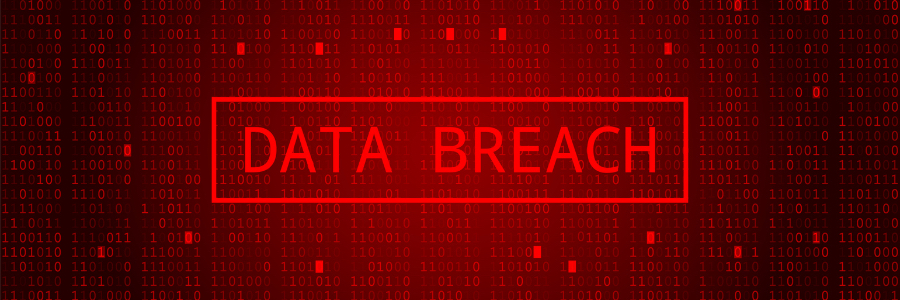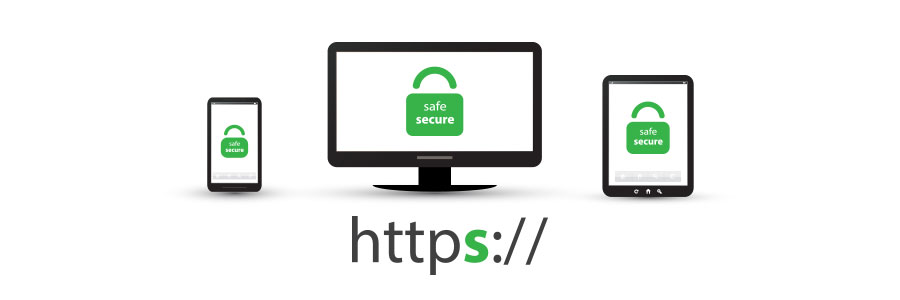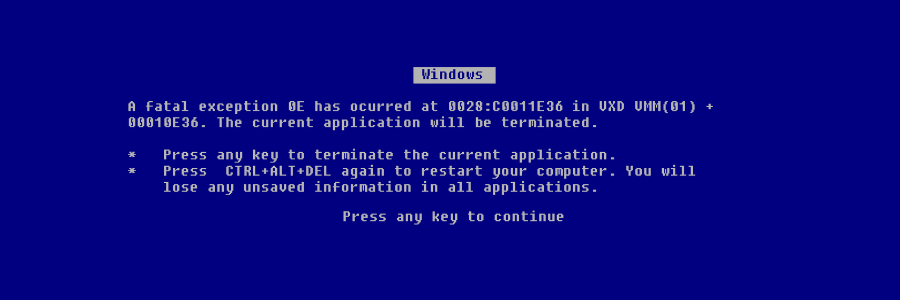As people’s reliance on the internet deepened through the years, cybercriminals also began to move more stealthily. Online shoppers, for instance, can be led to a payment page that has no HTTPS in its URL. If they enter their personal details on this page, they will be a prime target for identity theft without them knowing.
What HTTPS means for cybersecurity
Researchers uncover new strain of Android malware

The Android operating system (OS) relies on an open-source code that allows users and manufacturers to modify their phones’ or tablets’ OSs. The problem is, Android’s open-sourced nature also makes it susceptible to cyberthreats. Recently, security experts found DEFENSOR ID — a new type of Android malware exploiting the system's Accessibility Services.
Secure your business printers to avoid getting hacked

To achieve foolproof cybersecurity, you must make sure that every endpoint is protected from threats. That means securing every network, every server, every computer — and every printer. Because they’re easily overlooked, print devices can be exploited by hackers and used as an entry point to steal or modify data.
How to avoid issues caused by Windows 10’s April update
Buying antivirus software? Consider the following points

You probably didn’t need to worry about antivirus protection before. At the office, the IT department handled it. At home, your personal setup may not contain enough valuable information to warrant industry-strength. But because of the global pandemic forcing most of us to stay indoors, your home is now your office, too.
These signs may indicate your VoIP system is being hacked
Cybersecurity tips for working remotely
The risks of autocomplete passwords
Hackers come in all shapes and sizes

Hackers are known by the general public as cybercriminals, especially with so much news about nude celebrity photos beings released to the cloud, millions of customer information being stolen across many industries, and government agencies paying the ransoms hackers demand so that the former can regain access and control of their systems.





